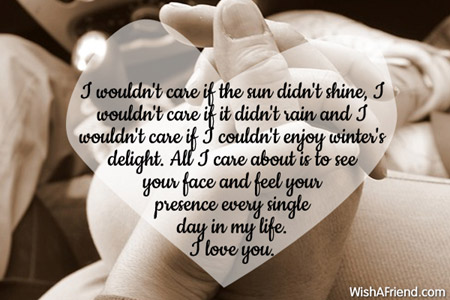


But by the late 19th century an apostrophe has been added to the beginning of the word, and it is found in widespread use (especially when a writer is attempting to replicate colloquial speech). Til occurs on occasion in the early 19th century, but it is difficult to say whether or not this is simply a variant spelling of till (which was often written with a single L in Middle English). Although it had previously been thought to have begun being used in the middle of the 20th century a closer look at the historical record shows that this particular variant is quite a bit older than that. ’Til is still viewed askance by many people, at least in formal writing. Bryan Garner, in his Modern American Usage, refers to it as “abominable,” which is rather polite when compared to Harper’s Dictionary of Contemporary Usage, which says “the formation ’till is a bastard word and is substandard.” You would do well to avoid using ’till, unless you are trying to annoy some portion of your readers. ’Till is entirely shunned by the writers of usage guides, when they see fit to mention it at all. Now what of ’til and ’till? These are viewed as somewhat more problematic. Both of these words are acceptable you may send a text to your misbehaving child stating either “U R grounded till 4ever” or “U R grounded until 4ever.” One 'L' or Two? Until has been in use as both a preposition and a conjunction for almost as long. It has been used as a conjunction meaning "until" since the 12th century.

Till has been in use in English since the 9th century the earliest sense of the word was the same as the preposition to. However, till is not a shortening of until. One reason for the confusion in this area is that many people assume that till is a misshapen abbreviation of until, a mistaken form in which the apprehensive spellers among us tack on an extra L at the end in order to make their word look a bit more balanced and give it some additional heft. It is still not as old as the use of 'till' to mean "until." 'Till' is Older Than 'Until' The Prague Astronomical Clock is over 605 years old.


 0 kommentar(er)
0 kommentar(er)
